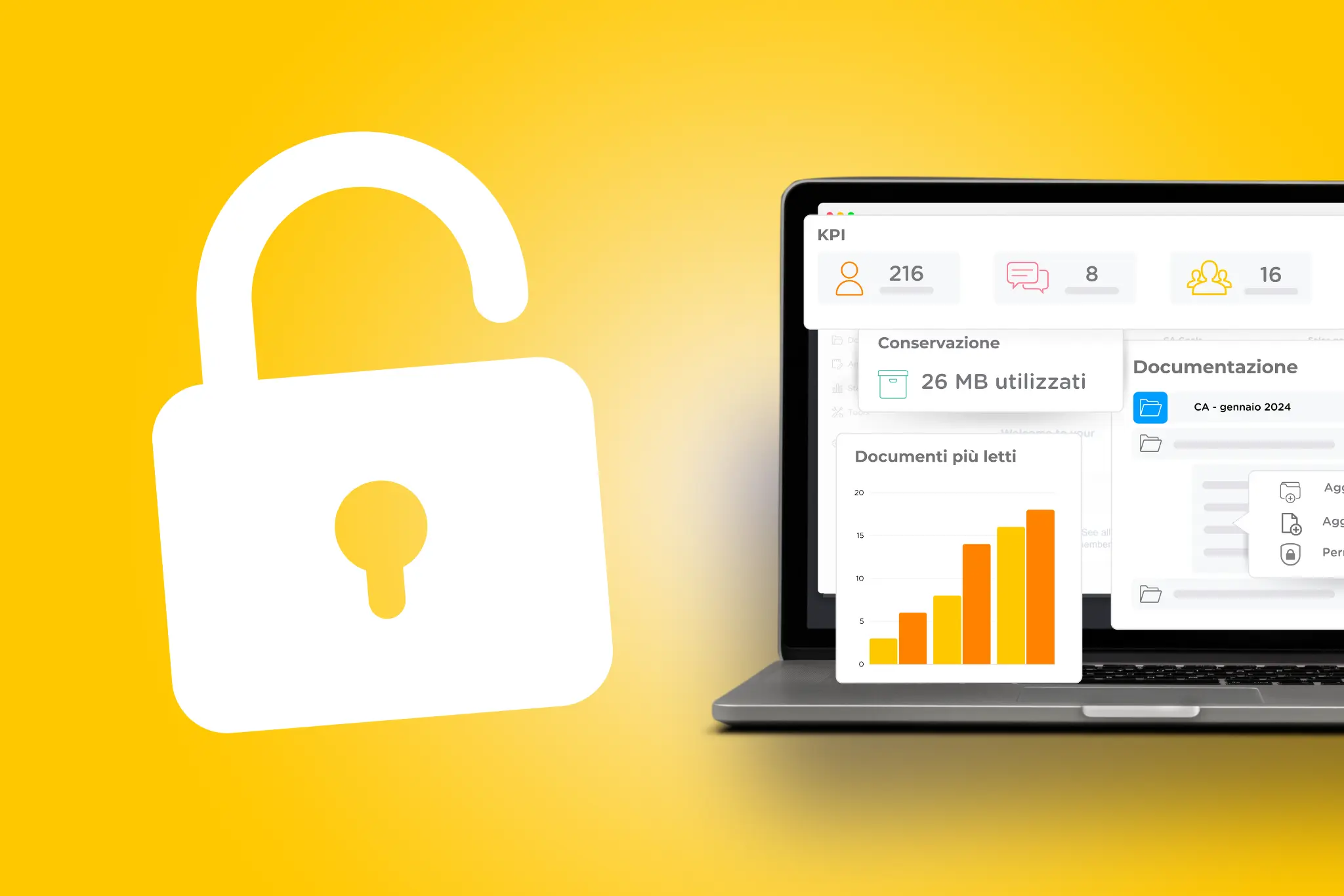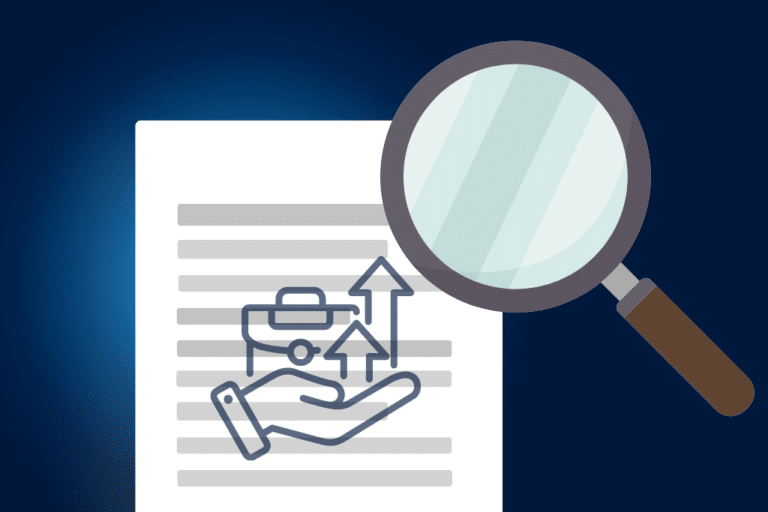According to a study by Euler Hermes, one in four companies will have suffered a proven computer fraud in 2021. One company in 5 suffered more than 5 attacks during the year. This situation concerns all organizations, large and small. Hence the need for maximum protection of sensitive data stored and used on a daily basis. This article tells you all you need to know about how to protect your sensitive data.

What is “sensitive data” in the workplace?
In a company, sensitive data make up what is known as “information assets”. It comprises a great deal of important information that should not be divulged. This includes know-how, the company’s financial situation, the identity of employees, customers and strategic decisions. In short, a whole range of elements that need to be protected as much as possible to avoid falling into the wrong hands. If this information is passed on to the wrong people, the whole organization could be put at risk.
Sensitive data holds considerable value, whether it relates to individuals, company operations, or economic, strategic, or legal matters. This may include information such as cash flow, executive compensation, and data associated with regulatory compliance obligations, particularly under the GDPR.
It is important to distinguish between sensitive corporate data and sensitive personal data. Under the GDPR, companies are required to protect personal information to prevent misuse. Sensitive personal data includes any information that can be used to identify an individual, such as bank details, religious beliefs, or biometric data.
Key risks associated with sensitive data
Sensitive corporate information is highly sought after by cybercriminals, particularly those aiming to impersonate individuals to fraudulently obtain funds. Cyber attacks are a primary method used to misappropriate high-value data in furtherance of financial fraud.
Euler Hermes, in its 5th barometer of 2019, portrays 5 key risks for companies faced with its sensitive data:
- Fake supplier fraud. The hacker uses the identity of one of the company’s suppliers and gets paid for a supposed shipment of goods.
- Classic identity theft. In this case, the hacker assumes the role of a trusted person, such as an accountant, a government official or someone from outside the company who works with it.
- President fraud. The hacker poses as the executive and demands urgent payment to settle a matter that cannot wait.
- Intrusion into the computer system. This allows the attacker to access sensitive data and prepare a future identity theft scheme.
- False customer fraud. The hacker poses as a company customer and diverts goods.
No company or sector is immune to these main risks. With the Covid-19 health crisis and upheavals in the world of work (everyone teleworking), the risks are exacerbated. Yet many companies are not sufficiently prepared to prevent cyber-attacks.
What are the consequences of failing to protect your sensitive data?
If your sensitive data is poorly protected, it could have serious consequences for your business. In 2021, 33% of fraud victims suffered losses in excess of €10K. And 14% suffered losses in excess of €100K. The first loss that comes to mind is financial. Sensitive data, when used for malicious purposes, can have a considerable cost for the company. And if a company is already in a fragile state, particularly as a result of the Covid-19 crisis, its long-term survival is questionable. Some companies have gone bankrupt due to inadequate protection of their sensitive data.
Another risk, and not the least, has been identified. That of a loss of confidence in the company’s key partners. How can you trust an organization that doesn’t do everything in its power to protect important data under the best possible conditions? This could have repercussions on the quality of work performed by employees and on the number of customers the company has. The latter could desert the company if they discover that their crucial data is poorly guarded. A company with a shortage of customers is a company whose survival is threatened. Hence the imperative need to secure as much as possible the sensitive data collected and used within the company.
How to secure your documents?
To maximize the security of your sensitive data, it’s important to choose a high-quality document management module. DiliTrust’s Dataroom is an ISO 27001 and ISO 27701 SaaS solution for all types of projects. This is the highest international standard for IT security. This means you can share your most confidential documents with complete peace of mind, both internally and externally.
Securely, you have all your key information in one place, so you don’t have to spread yourself too thin, and you’re more efficient. Hosted data is never shared in the Cloud, and remains entirely your property. You can also define strict access rights for each document, according to your own confidentiality requirements. In this way, you ensure maximum security for all your sensitive data, and prevent any risk of hacking.
Would you like to find out more about our Documentary Holdings solution? Contact us!
You may also be interested in these articles:


